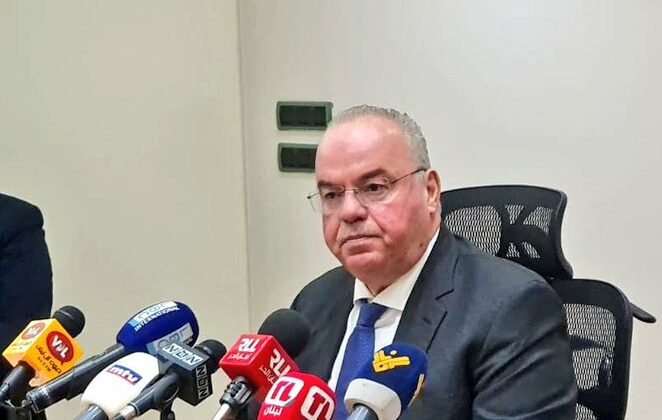This week, the Ministry of Telecommunications decided to cancel the contract of Ogero’s Director General, Mr. Imad Kreidieh. This move was anticipated, given that Kreidieh’s term was extended last year and he is nearing the legal retirement age. Moreover, since his appointment, Minister Charbel el Hajj has expressed his commitment to implementing Law 431, which was passed in 2002. The law aims to “provide the framework for governing the organization of the telecommunications services sector and set the rules for its transfer to the private sector.”
It’s unclear why this decision has stirred controversy, and I hesitate to even call it that, especially since outlets like Al-Akhbar, which have questionable reputations, have fueled the narrative. However, this is not a personal matter against Kreidieh. Ogero, as an entity, should cease to exist in its current form—whether or not it has performed well. Its structure is inherently disruptive and leads to complications whenever its management is misaligned with the Ministry of Telecommunications. We’ve already seen the outcomes with Abdel Menhem Youssef and later with Kreidieh.
What the telecommunications sector needs is a competent regulatory authority that can establish a robust framework for privatizing the sector, improving competition, and enhancing services. The only way to achieve this is by implementing Law 431 and creating “Lebanon Telecom.” As Minister El Hajj stated, “By implementing this law, the telecommunications sector in Lebanon will be corrected and regularized, ensuring the protection of everyone’s rights: the citizen, the economy, and the state.”
Let’s wait and see how quickly the minister follows through on his promises and how transparent the process will be. So far, so good!
بعد إمعان بعض وسائل الإعلام القريبة من المنظومة التي كانت تتحكّم بقطاع الاتّصالات، وتُبقيه بقوّة الأمر الواقع غير مضبوط وغير منتظم، إمعانِه في تزييف الحقائق وتشويه الوقائع في موضوع الاتّصالات، يهمّ المكتب الإعلامي للوزير شارل الحاج الذي يتمسّك بالشفافية منذ تسلّمه وزارة… pic.twitter.com/nKvquDCIHx
— Charles G. Hage (@HageCharles) March 26, 2025










[vivafbcomment]